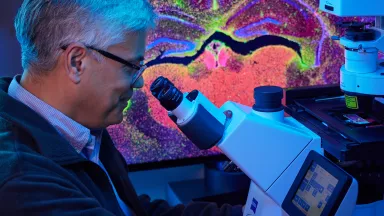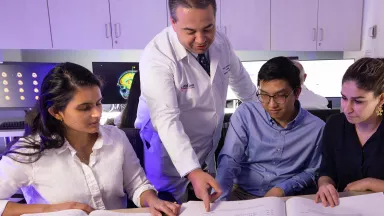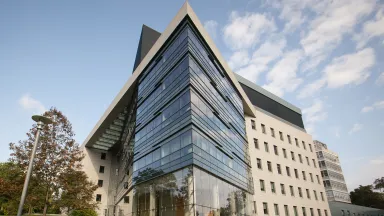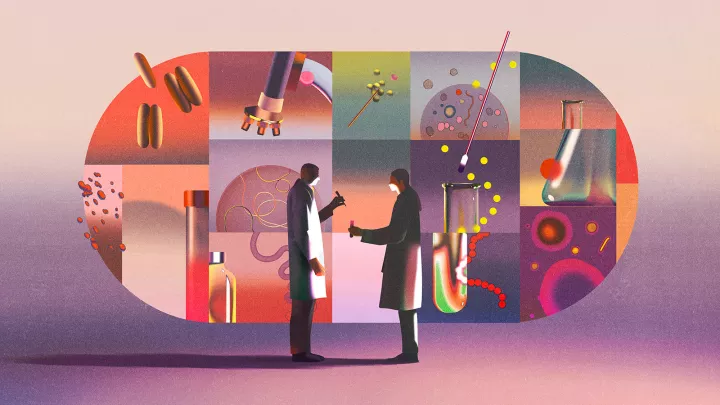Our Approach to Neuromuscular Disorders

The Montefiore Einstein Division of Neuromuscular Medicine and Muscular Dystrophy Association Center were among the first of their kind in the nation to treat the full spectrum of neuromuscular diseases occurring from early infancy through late adulthood. We specialize in disorders of the peripheral nerves, muscles, and neuromuscular junctions, including traumatic nerve injury; peripheral and toxic neuropathies; motor neuron disorders, such as amyotrophic lateral sclerosis (ALS or Lou Gehrig’s disease); neuromuscular junction disorders, such as myasthenia gravis; all forms of muscular dystrophy, mitochondrial and encephalopathies; as well as many additional rare and complex conditions.
The Saul R. Korey Department of Neurology defined the field of neurotoxicology, including the classification of a broad spectrum of unique neurological disorders. We also established the biological underpinnings of many of these disorders and were the leading international experts in investigating and uncovering the consequences of major industrial accidents and other environmental influences on neurologic disabilities.
We are an internationally recognized leader in the field of neuromuscular medicine, dedicated to advanced clinical evaluation, interdisciplinary care and research of neuromuscular disorders. We are ranked in the top 1% of all hospitals in the nation for neurology, according to U.S. News & World Report, and have one of the best residency and fellowship training programs worldwide.
Our world-renowned experts utilize the latest, revolutionary advances in gene therapy and other state-of-the-art therapeutic approaches to optimize neurological function and quality of life, including enabling floppy babies to take their first steps.
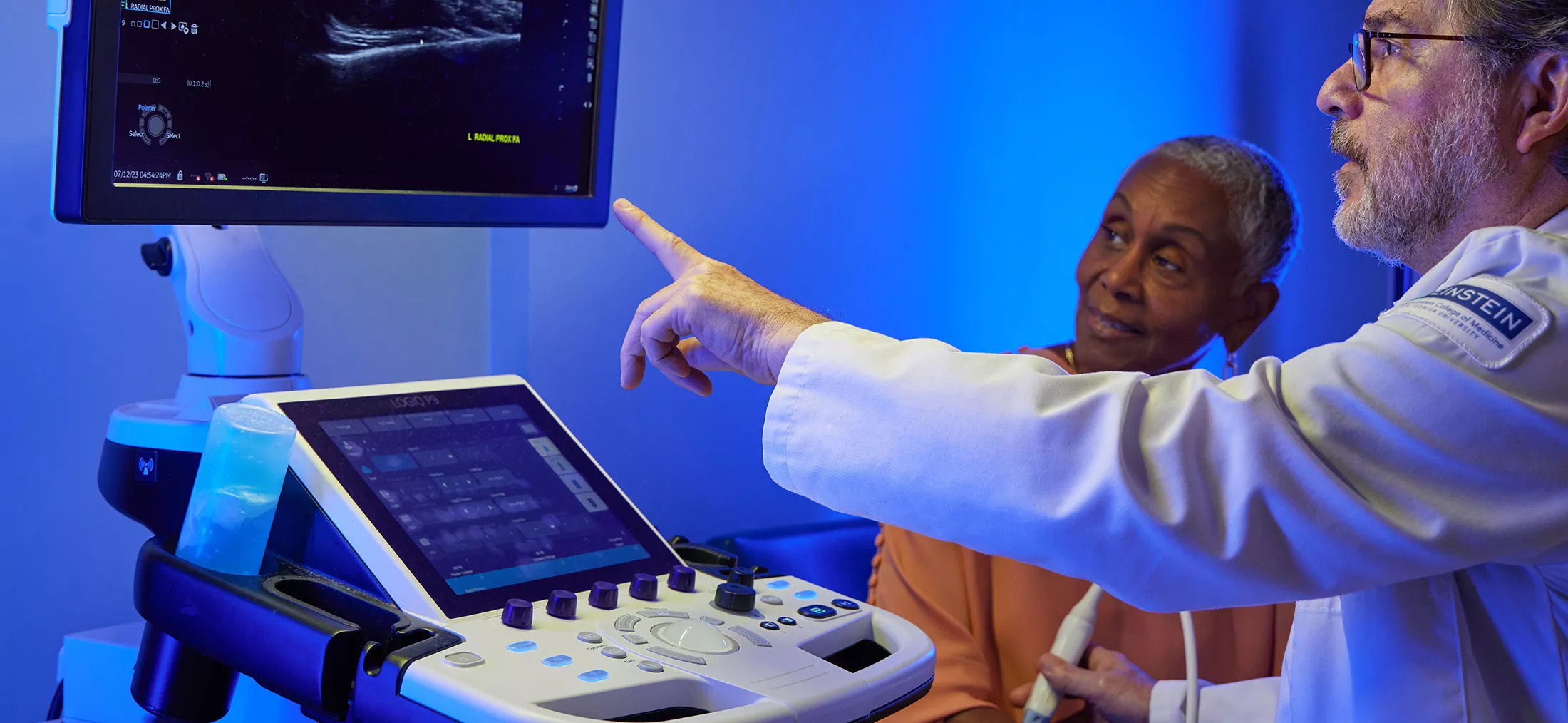
Advanced Treatments
We specialize in the often challenging process of evaluating unexplained and debilitating nerve and muscle pain and weakness, combining clinical expertise with the latest technological techniques, including advanced electrodiagnostic, neuroimaging and neuropathologic testing.
We provide treatment that can include the following:
- Medications
- Infusion therapy (intravenous immunoglobulins)
- Plasmapheresis
- EMG, or ultrasound-guided chemo-denervation with botulinum toxin (Botox)
- Physical and occupational therapy
- Genetic counseling
- Surgery
Groundbreaking Research
As leaders in the field, the specialists at our Division of Neuromuscular Medicine conduct clinical research to uncover the causes of neuromuscular disorders and to develop treatments. Our areas of interest include hereditary neuropathies, the effects of aging on neuropathic conditions, entrapment neuropathies, like carpal tunnel syndrome and neurotoxicology.
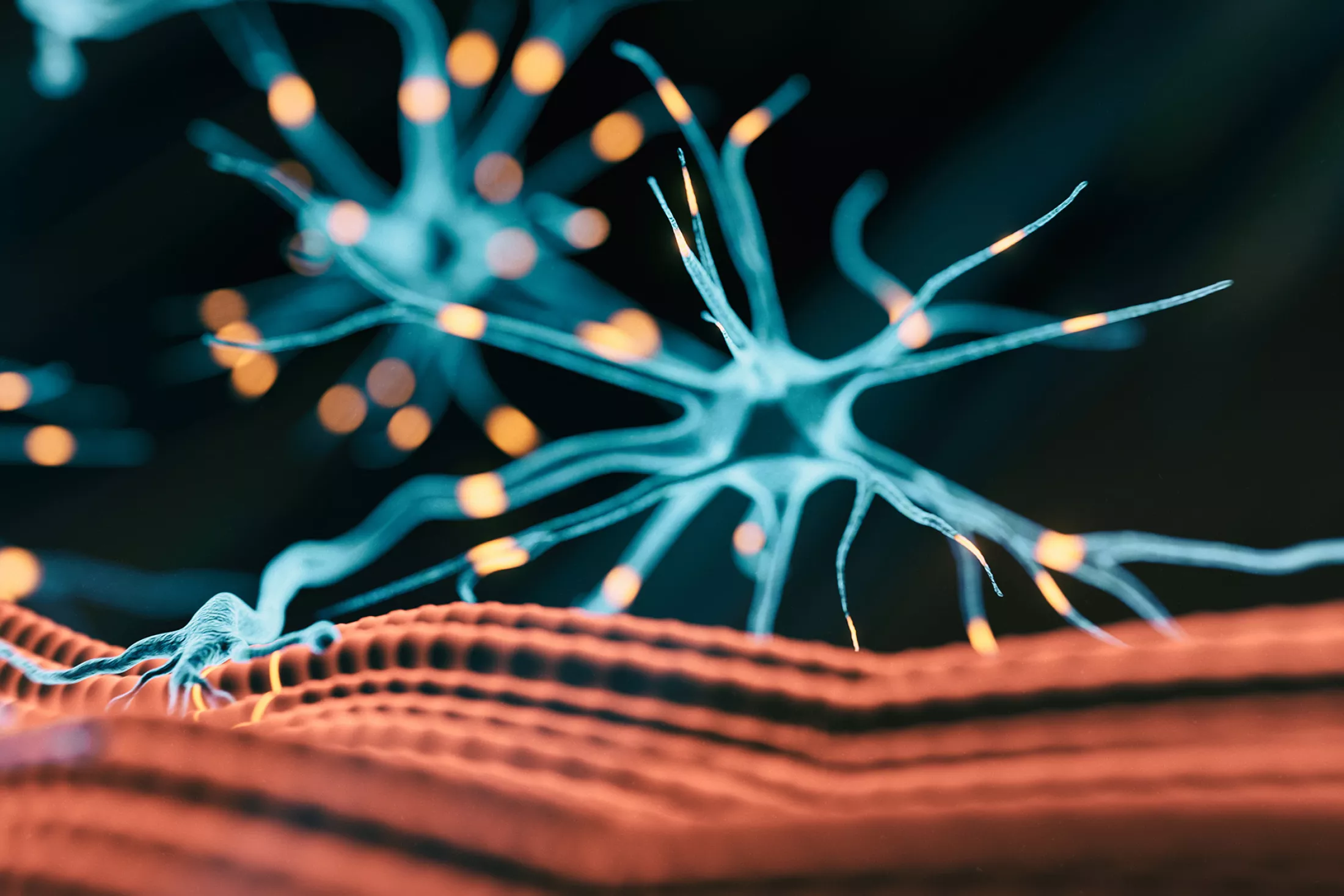

Your Neuromuscular Medicine Team
The Division of Neuromuscular Medicine comprises an elite team of adult and pediatric neurologists, neurosurgeons, neuropathologists, neuromuscular fellows, physician assistants and neuroscience nurses. This comprehensive collaboration enables us to accelerate our understanding of neuromuscular diseases to offer promising treatment options across a spectrum of neuromuscular illnesses and conditions.
About Neuromuscular Disorders
Neuromuscular disorders are a group of diseases that affect the peripheral nervous system. The motor and sensory nerves that connect the spinal cord and the brain to the rest of the body make up the peripheral nervous system, and neuromuscular disorders present symptomatically as progressive muscle weakness.



